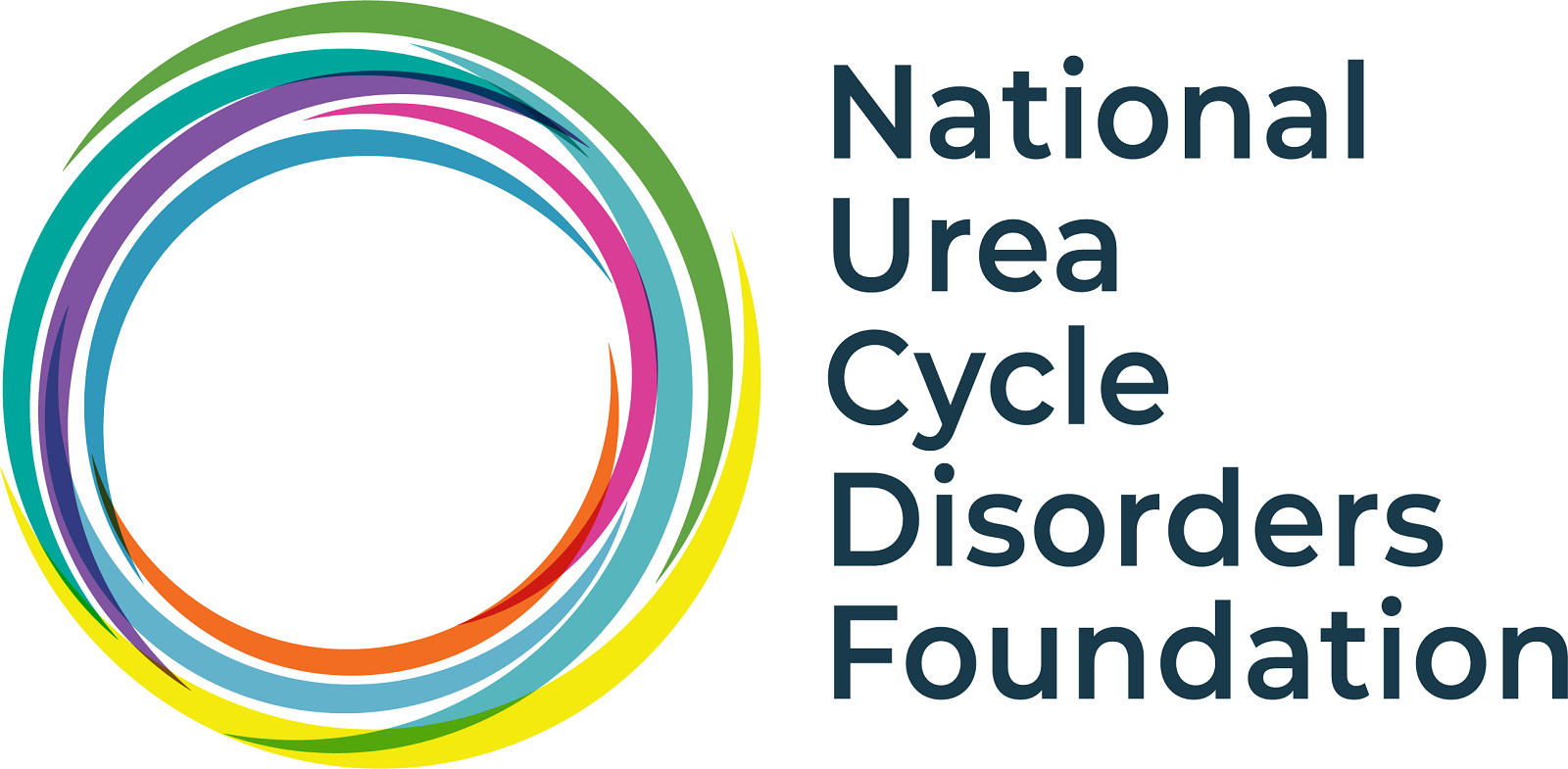About Clinical Trials

What is a clinical trial?
A clinical trial is a study to determine whether a treatment improves a clinical condition or a disease. A clinical trial is an "experiment" which is the most rigorous type of study. The protocol for the study is designed to test the specific idea that a treatment is effective and safe. Each study must be approved and monitored by an independent committee of physicians, statisticians and members of the community called an Institutional Review Board (IRB). The IRB ensures that risks are acceptably small and in relationship to potential benefits.
Participating in clinical trials offers many opportunities to learn more about treatments and disease. However, it is important to have a good understanding of the risks and benefits of any study when making a decision to participate.
Many individuals question why they should consider participating in a clinical trial, what it is like to participate in a clinical trial and what they should expect. An individual’s decision to enter a clinical trial is a very personal one and there are a variety of reasons for considering taking part in a study. Having hope for a future cure, greater understanding of their own illness, feeling better and contributing to research and society are some personal reasons participants choose to enter trials. Participants in clinical trials may also receive new treatments before they are readily available to nonparticipants.
What are the phases of clinical trials?
Clinical trials are conducted in phases. In orphan diseases like urea cycle disorders, trial size is smaller than the average numbers presented below due to the limited patient population. Each phase has a specific purpose and answers different questions:
Phase I Trials: An experimental drug or treatment is tested in a very small group of people (20-80) to evaluate its safety, determine a safe dosage range, and identify side effects. This is a safety study.
Phase II Trials: The experimental drug or treatment is now given to a larger group of people (100-300) to determine its efficacy (whether it does what it is supposed to do) and to further evaluate its safety.
Phase III Trials: The experimental drug or treatment is given to large groups of people (1,000-3,000) to confirm its effectiveness, monitor side effects, and to collect information that will allow the drug or treatment to be used safely.
Phase IV Trials: These are post-marketing trials, usually conducted by the pharmaceutical company after the drug receives FDA approval and has been made available to the public. These studies collect additional information on the drug's risks, benefits and optimal uses.
Who can participate in a clinical trial?
All clinical trials have specific guidelines about who is eligible to participate. Some studies seek participants with illnesses or conditions, while others require healthy volunteers.
Who sponsors clinical trials?
Clinical trials are often funded by pharmaceutical companies to test new drugs. However, other funders of clinical trials are researchers, individuals, medical institutions, nonprofit organizations, foundations, voluntary health organizations, as well as federal agencies like the National Institutes of Health (NIH).
Where can I ask questions or find more information about the clinical trials for urea cycle disorders?
Contact Tresa Warner, President of the National Urea Cycle Disorders Foundation (626)578-0833. The Foundation is here to support you and answer any questions you may have about the trials or about how to participate in a trial. ((Please note that information supplied about industry-sponsored clinical trials does not imply endorsement by NUCDF).
